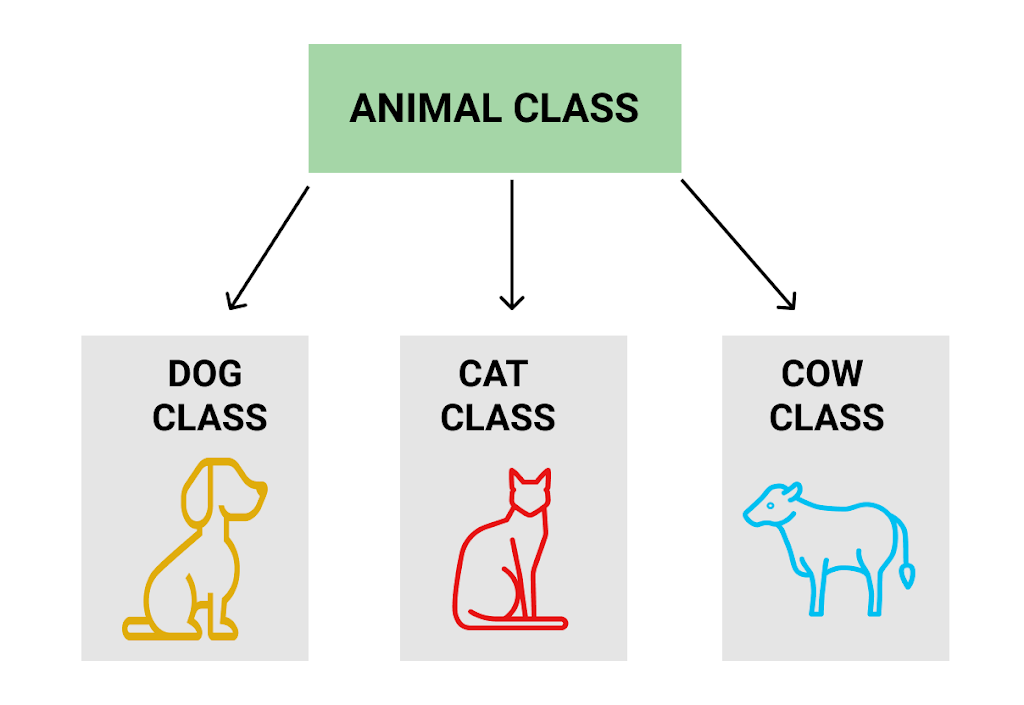Inheritance is a fundamental concept in object-oriented programming, and it is supported in Java through the use of the “extends” keyword. This feature allows developers to create new classes that inherit properties and methods from existing classes, making it easier to reuse code and build more complex systems. For example, let’s say we have a superclass…
Encapsulation in Java explained with example.
Encapsulation is a fundamental concept in the world of object-oriented programming (OOP) and is widely used in Java. It is the process of hiding the internal details of an object from the outside world. This helps to protect the data and behavior of an object from being modified by external sources, and ensures that the object’s…
Objects and Classes in Java explained.
Objects and classes are two fundamental concepts in the world of object-oriented programming (OOP). Understanding the differences and similarities between these two concepts is essential for anyone working with Java, one of the most widely used programming languages that is fully object-oriented. In this blog post, we will discuss the concepts of objects and classes in…
What are the Object Oriented programming (OOPs) concepts in Java?
Object-Oriented Programming (OOP) is a programming paradigm that is based on the concept of “objects” which can contain data and methods that operate on that data. Java, one of the most widely used programming languages, is fully object-oriented and supports all the concepts of OOP. In this blog post, we will be discussing some of the…
What is the difference between ‘final’ method, class and variable in Java? Explained with example.
Java’s final keyword is a modifier that can be applied to classes, methods, and variables. When applied to a class, it means that the class cannot be subclassed. When applied to a method, it means that the method cannot be overridden in a subclass. When applied to a variable, it means that the variable’s value cannot…
Top 10 Exception Handling interview questions in java
Exception handling is an important topic in Java and is often covered in job interviews for Java developers. Here are the top 10 exception handling interview questions, along with example answers: 1.What is an exception in Java? An exception is an event that occurs during the execution of a program that disrupts the normal flow of…
What is ‘final’ variable in Java? Explained with example.
In Java, a final variable is a variable whose value cannot be changed after it is initialized. Final variables are declared using the “final” keyword and once a value is assigned to a final variable, it cannot be reassigned. There are several benefits to using final variables. For example, final variables can be used to ensure…
What is ‘this’ keyword in java? Explained with example.
The “this” keyword in Java is used to refer to the current object of a class. It is used to access the current object’s properties and methods, and it can also be used to invoke constructors of the same class. For example, consider the following class: class MyClass { int x; MyClass(int x) { this.x =…
What is ‘super’ keyword in java? Explained with example.
The “super” keyword in Java is used to refer to the immediate parent class of an object. It is typically used within the context of inheritance, where a subclass inherits properties and methods from its parent class. The “super” keyword can be used in several ways in Java, but its most common usage is to invoke…
Java’s ‘write once and run anywhere’ nature explained.
Java is a widely-used programming language that is known for its “write once, run anywhere” (WORA) nature. This means that Java code can be written once and then run on any platform without the need for any additional changes or modifications. The reason behind Java’s WORA nature is its use of the Java Virtual Machine (JVM).…
